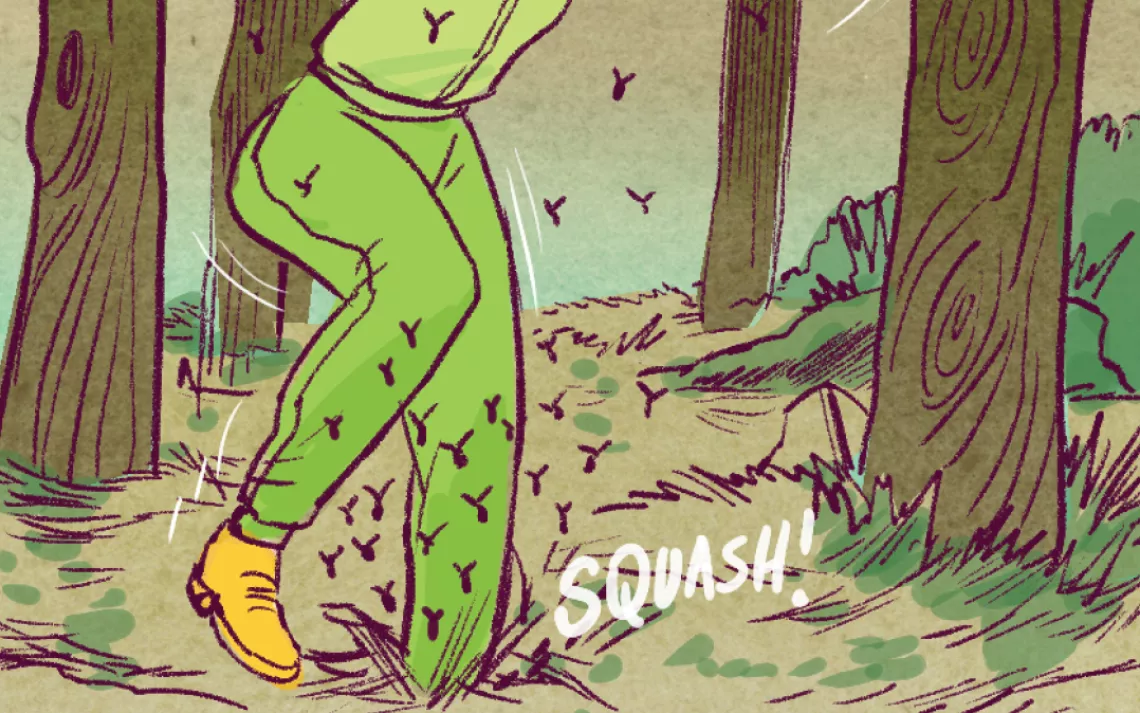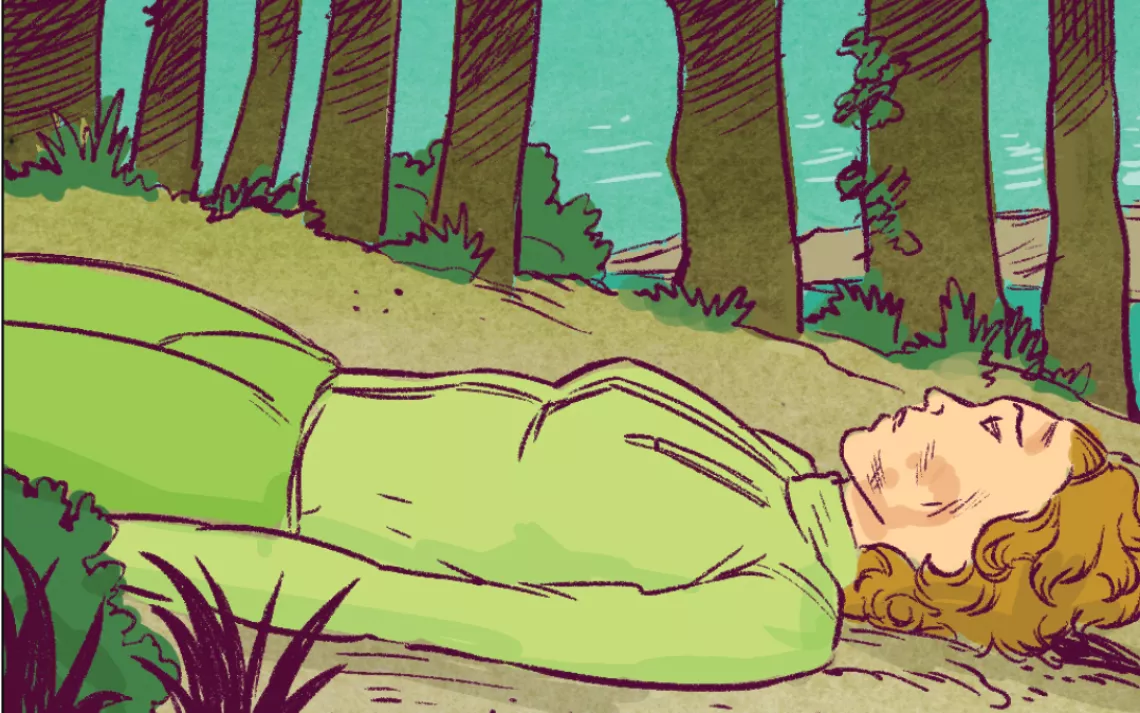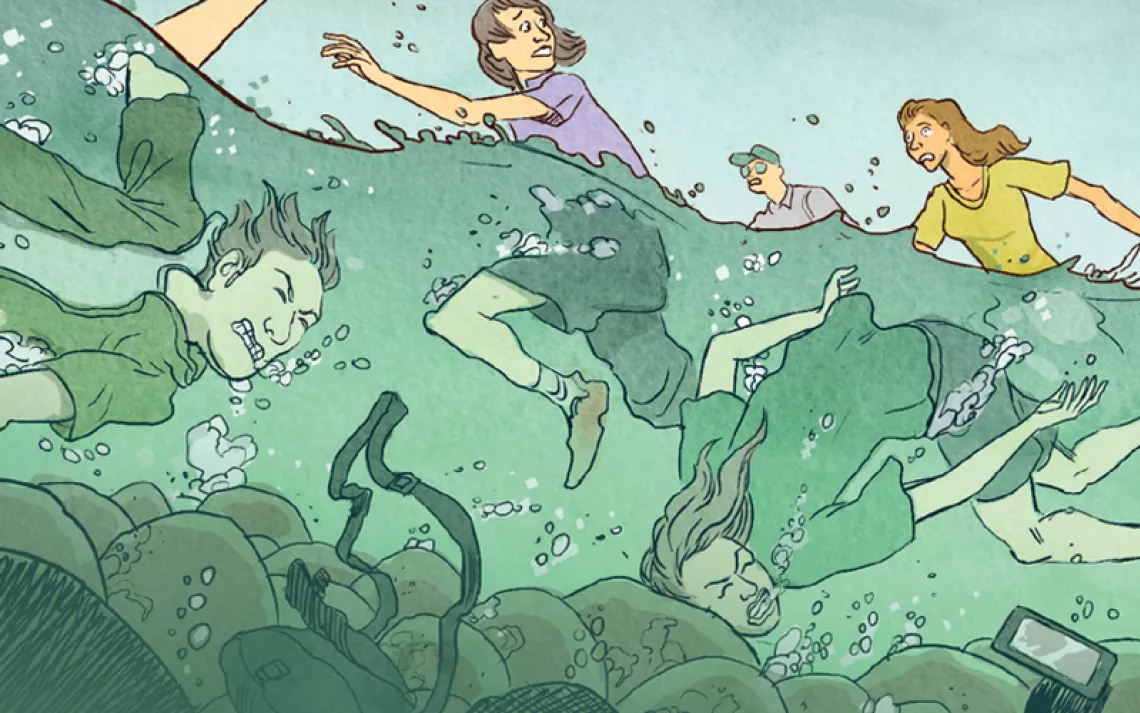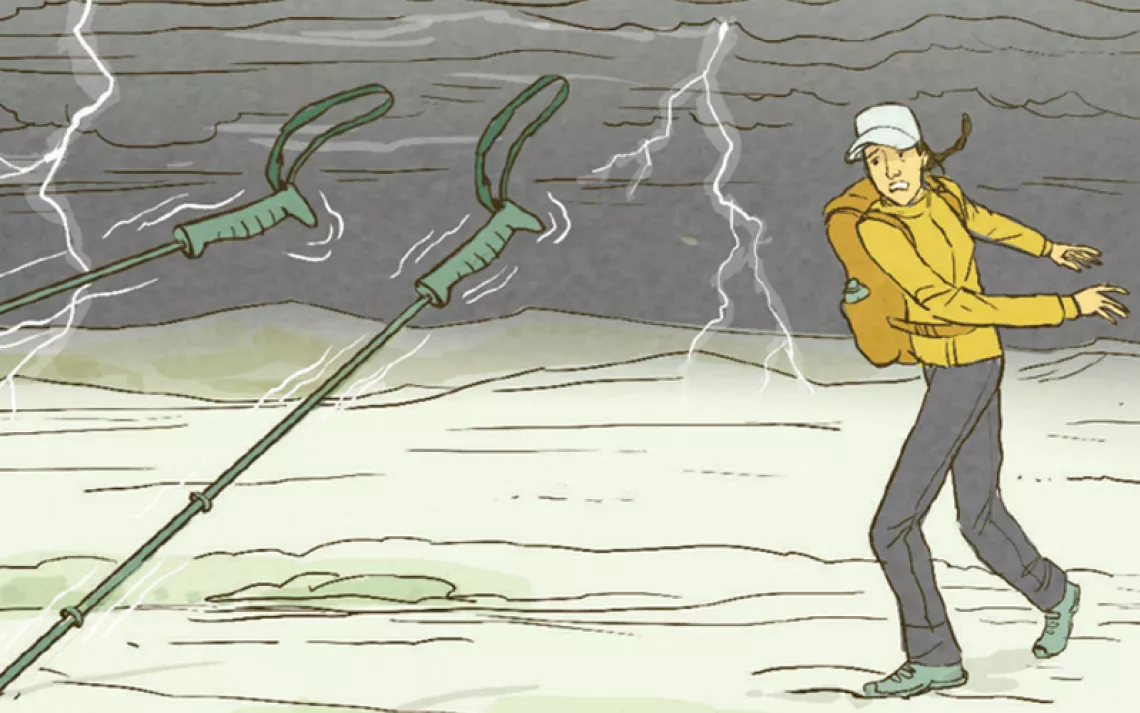Allergic kayaker forgets her EpiPen, encounters wasp nest. Now what?
What to do if you're an outdoors person with a bee allergy
When I was 29, I was stung on my hand by a hornet. I removed the stinger and didn't think anything of it—but soon I was flushed and blotchy, eventually collapsing in a doctor's office. I came out with a prescription for injectable epinephrine.
This article appeared in the January/February 2017 edition with the headline "Don't Leave Home Without It."
Ask the Expert
Mark Nelson is an EMT, a wilderness first responder, and a veteran Sierra Club Outings leader.
"Anyone who is prescribed epinephrine should never leave the house, much less go hiking or paddling, without it. Paddling alone presents risks: Did Deborah let anyone know her route and anticipated return time? Finally, she could have carried a whistle to attract help."
 The Magazine of The Sierra Club
The Magazine of The Sierra Club











